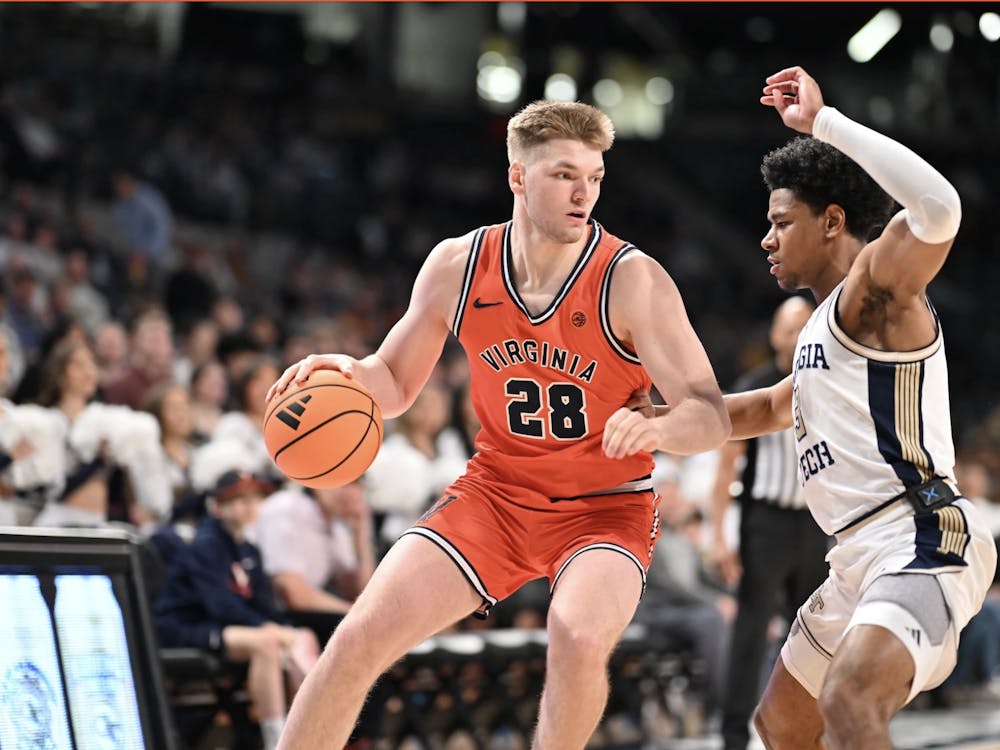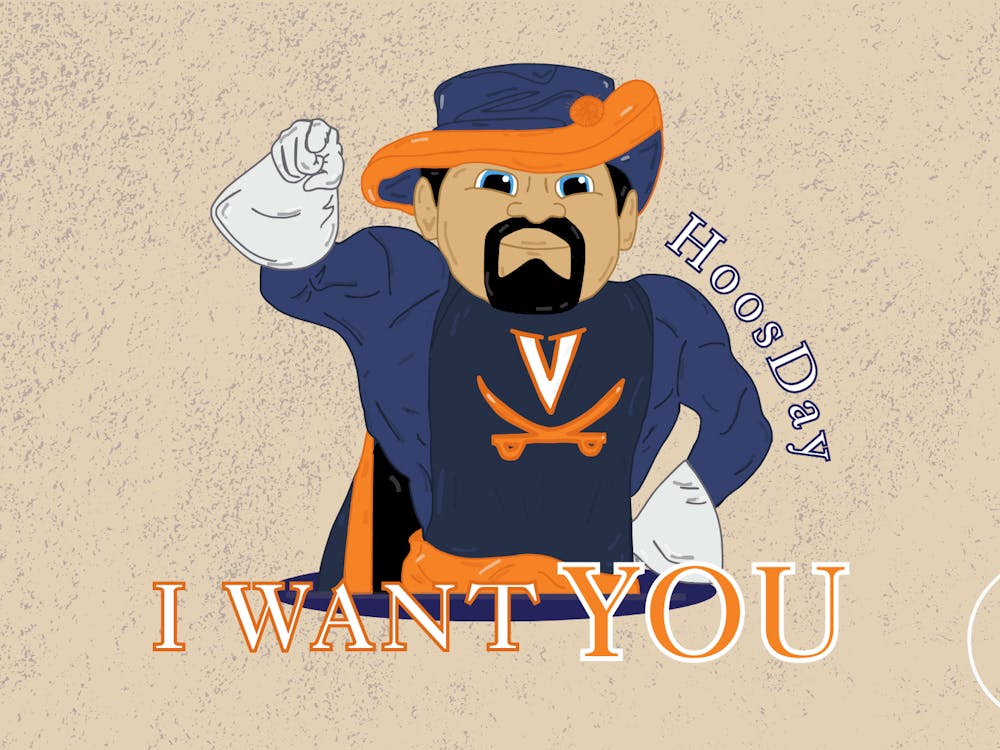Unless you’re a Canadian or a diehard hockey fan, you probably haven’t noticed that the NHL still hasn’t resolved the whole lockout issue.
Unless the NHL and the NHLPA reach an agreement by Thursday, the NHL will most likely play a shortened season similar to that of last year’s 66-game NBA season. But it is also still possible that there will be no season at all like during the 2004-2005 season.
The core issue behind the labor dispute is the allocation of hockey-related revenue. Under the old agreement, the players took home 57 percent of revenue while the owners were left with the other 43 percent. At the start of the negotiations in July, the owners proposed that the players’ share should be reduced to 46 percent, although the NHLPA estimated the actual number was closer to 43 percent.
After months of negotiations and a lockout imposed by NHL commissioner Gary Bettman, we are now at a standstill. The league has propositioned the players with its version of a 50-50 revenue split, while the players presented three counter-offers they claimed also resulted in a near 50-50 split. Although they have agreed in principal to a 50-50 division, the players and owners are still very far apart on how to actually achieve this, and more negotiations are expected to take place this week.
So far 135 regular season games have been cancelled through Nov. 1. If the players don’t reach an agreement soon, Bettman may cancel more games in an attempt to force the players’ collective hand. With the next round of games on the chopping block, we’re approaching the possible cancellation of the 2013 Winter Classic. Regarded as the most popular regular season NHL game, the outdoor game generates huge fan interest and exposure for the league and would be a very unfortunate casualty of the lockout, as would the game’s accompanying “Hard Knocks”-style HBO series “24/7: Road to the NHL Winter Classic.”
Many star players such as Alex Ovechkin, Ilya Kovalchuk and Zdeno Chara have gone overseas to play for exorbitant contracts and have hardly felt the sting of the lockout. Cancelling games hurts the fans first and foremost, as well as those less established players who have limited years in the NHL.
And that’s the problem. Maybe the owners were asking for too large of a concession, but the players make far too much money in a league that’s less popular than even college basketball and football. In 2012, the 50 most-viewed sporting events in the United States have included NFL, NBA, MLB and NCAA football and basketball games, as well as PGA golf, the Olympics, the Kentucky Derby and four NASCAR races.
Game 6 of the 2012 Stanley Cup, the NHL’s most viewed game in 2012, drew 4.93 million U.S. viewers along with 3.13 million Canadians. The combined 8.06 million viewers is still hundreds of thousands of viewers less than the NASCAR Sprint Cup: Aaron’s 499 race that ranked 50th on the aforementioned list with 8.34 million U.S. viewers alone.
And despite the arguably mild popularity the NHL enjoys in the U.S., the league simply isn’t making any money! Forbes estimated that in the 2010-11 operating season, only 12 NHL teams — that’s 40 percent of the franchises — made a positive operating profit. The league pulls in revenue of around $3.3 billion now, but it earns an operating profit of only $127 million. That’s a return of less than four percent before interest, taxes and other expenses — in other words, a fool’s investment.
The players complain that the owners take advantage of them for personal gain, but I don’t see how that’s possible when 18 franchises are losing money. The small market Phoenix Coyotes and Columbus Blue Jackets lost $24.4 million and $13.7 million respectively in 2010-2011. And these numbers aren’t anomalies — similar losses occur every year. The players are lucky they even have a U.S. league in which to play.
The goal of any entrepreneur in the entertainment industry is to grow the business. If the owners were smart, they would consolidate the league by eliminating small market franchises and creating more exciting and talented teams that actually make money. Nobody wants to forfeit the gigantic ego boost of owning a professional sports franchise, but how many owners are willing to lose millions of dollars every year? Moreover, how long will the franchises that are making a killing be willing to prop up small markets such as Phoenix?
Player salaries are the largest expense for each franchise, so naturally they will come under fire when teams aren’t making money. The NHL isn’t popular enough to justify salaries that rival those of many MLB, NBA and NFL players. I enjoy watching the Capitals play, but I’m also realistic enough to know that the Redskins are at the top of the D.C. pecking order, followed by the Nationals and Wizards, only then followed by the Capitals. Sure, they beat out D.C. United. But who doesn’t?
I’m not saying NHL players should turn down huge contracts when they’ve earned them, but they need a more accurate vision of what they’re truly worth. For the league to grow, teams need to make money, not individual players.
With that said, I think the owners can hold out longer than the players. The players need the paycheck more than the owners do, and no country around the world pays as well as the United States does — even for hockey.
The shame of it is that the players pine for the fans’ sympathy. I have no sympathy for those who get paid millions of dollars to play a game they love as a career. Thousands of other athletes would do anything to be in their shoes. Of course, I don’t have a lot of sympathy for the owners, either, seeing as many of them are multimillionaires or even billionaires.
It would be a shame to lose another entire season of hockey like the 2004-2005 season that never was, and given the current financial state of many teams, I’m not sure how many could survive the inevitable drop in attendance and television numbers when the league finally starts up again. In the end, I don’t care who gets paid. But I hope a deal is reached soon for the sake of the NHL.






